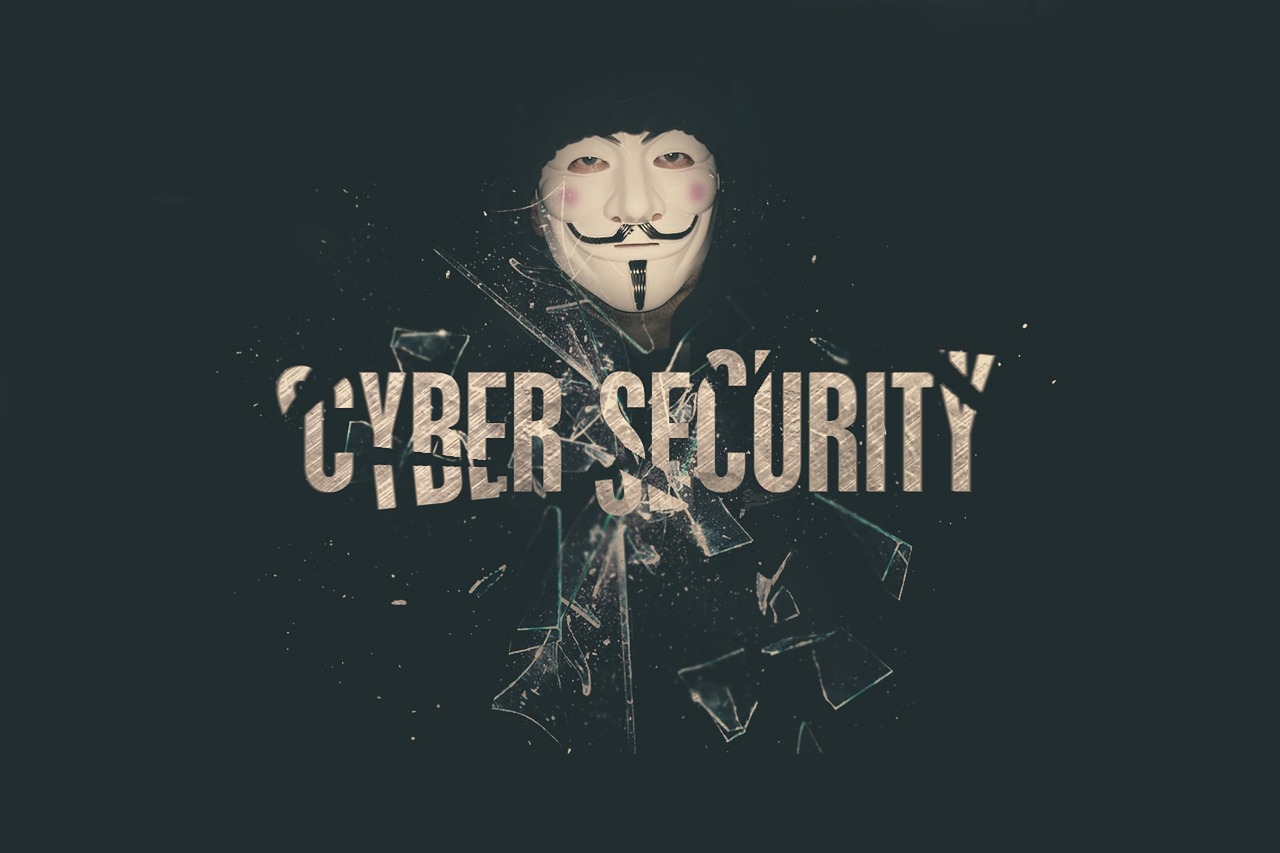Cybersecurity Best Practices for SMBs: Protecting Your Business from Cyber Threats

Cybersecurity is a critical concern for small and medium-sized businesses (SMBs), as cybercriminals increasingly target organizations with limited security resources. A successful cyberattack can lead to financial losses, reputational damage, and legal consequences. Implementing robust cybersecurity practices is essential to safeguard your business from potential threats.
Why Cybersecurity Matters for SMBs
Many SMBs mistakenly believe they are too small to be targeted by cybercriminals. However, statistics show that a significant percentage of cyberattacks are aimed at smaller businesses due to their often weaker security measures. Common threats include:
- Phishing Attacks-Fraudulent emails that trick employees into revealing sensitive information.
- Ransomware-Malicious software that locks access to your data until a ransom is paid.
- Data Breaches-Unauthorized access to confidential customer and business information.
- Insider Threats-Employees, contractors, or business partners misusing access to critical systems.
- DDoS Attacks-Cybercriminals overwhelm a business's servers, causing website downtime and service disruptions.
Essential Cybersecurity Best Practices for SMBs
To protect your business from cyber threats, implement the following best practices:
1. Educate and Train Employees
Your employees are the first line of defense against cyber threats. Conduct regular training sessions on:
- Recognizing phishing emails and suspicious links.
- Using strong passwords and enabling multi-factor authentication (MFA).
- Safeguarding sensitive customer and company data.
2. Implement Strong Password Policies
Weak or reused passwords are a significant security risk. Encourage employees to:
- Use complex passwords with a mix of uppercase letters, lowercase letters, numbers, and symbols.
- Change passwords periodically and avoid reusing old passwords.
- Utilize password managers to securely store and manage passwords.
3. Enable Multi-Factor Authentication (MFA)
MFA adds an extra layer of security by requiring users to verify their identity through a secondary method, such as a one-time code sent to their phone or email. This significantly reduces the risk of unauthorized access.
4. Regularly Update Software and Security Patches
Cybercriminals often exploit vulnerabilities in outdated software. Ensure that:
- Operating systems, antivirus software, and applications are always up to date.
- Security patches and firmware updates are applied as soon as they are released.
- Automated updates are enabled wherever possible.
5. Secure Your Network and Wi-Fi
Unsecured networks are an easy target for hackers. Protect your business by:
- Using firewalls to filter out potential cyber threats.
- Encrypting sensitive data to prevent unauthorized access.
- Setting up a separate guest Wi-Fi network to keep customers and visitors from accessing internal systems.
6. Back Up Your Data Regularly
Data loss can be devastating for any business. To ensure business continuity:
- Perform automatic and frequent backups of critical data.
- Store backups securely in multiple locations, including cloud and offline storage.
- Regularly test backup restoration processes to ensure quick recovery in case of cyber incidents.
7. Protect Against Ransomware
Ransomware attacks can cripple business operations. Minimize risks by:
- Using advanced threat detection tools to identify and prevent ransomware.
- Restricting user access to sensitive files and systems based on job roles.
- Keeping offline backups to restore data without paying ransom demands.
8. Monitor and Respond to Security Threats
Having a proactive security monitoring system in place can help detect threats early. Consider:
- Deploying intrusion detection and prevention systems.
- Conducting regular security audits to identify and fix vulnerabilities.
- Establishing an incident response plan to quickly contain and mitigate cyber threats.
How IE Infotech Can Help Secure Your Business
At IE Infotech, we specialize in providing comprehensive cybersecurity solutions tailored to SMBs. Our services include employee security training, firewall protection, malware prevention, network monitoring, and data backup solutions. We understand the unique challenges faced by small and medium businesses and offer cost-effective security strategies to safeguard your digital assets.
Conclusion
Cybersecurity is no longer optional for SMBs-it is a necessity. By implementing strong security measures and working with trusted IT experts like IE Infotech, you can protect your business from cyber threats and ensure business continuity.
Contact us today at 07 3112 8696 or email us at info@ieinfotech.com.au to learn how we can strengthen your business's cybersecurity.


